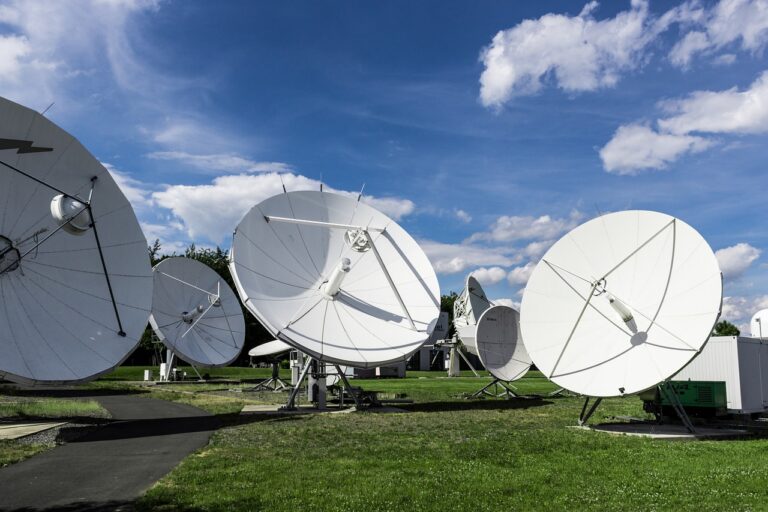The Role of Blockchain in Decentralized Autonomous Organizations (DAOs)
Decentralized Autonomous Organizations, commonly known as DAOs, are innovative entities that operate based on code and predetermined rules stored on a blockchain. These organizations aim to facilitate decision-making processes and automate governance through transparent, trustless systems. One of the defining features of DAOs is their ability to function without the need for centralized control, enabling participants to collectively manage resources and execute actions autonomously.
In a DAO, members typically hold voting rights proportional to their stake in the organization, allowing them to participate in key decisions such as fund allocation, project proposals, and protocol upgrades. These decisions are executed through smart contracts, self-executing contractual agreements encoded with predefined conditions that automatically trigger actions when met. DAOs have the potential to revolutionize traditional organizational structures by fostering decentralization, enhancing transparency, and promoting inclusivity among participants.
The Basics of Blockchain Technology
Blockchain technology serves as the underlying framework for cryptocurrencies such as Bitcoin and Ethereum. It functions as a decentralized and distributed digital ledger that records transactions across a network of computers. Information stored on a blockchain is permanent, transparent, and secure due to its decentralized nature, making it resistant to tampering.
Each block in a blockchain contains a list of transactions and is linked to the previous block using cryptographic algorithms, forming a chain. This architecture ensures that the data stored on the blockchain is immutable and verifiable by all network participants. By eliminating the need for intermediaries and providing a secure method for recording transactions, blockchain technology has the potential to revolutionize various industries beyond the realm of cryptocurrencies.
The Importance of Smart Contracts in DAOs
Smart contracts play a pivotal role in the functioning of Decentralized Autonomous Organizations (DAOs). These self-executing contracts are written in code and automatically facilitate, verify, or enforce the terms of an agreement within the DAO. By utilizing smart contracts, DAOs can operate without the need for intermediaries or third parties, enhancing security and transparency in their operations.
Smart contracts enable DAOs to streamline decision-making processes and execute transactions with precision and efficiency. Through the automation of tasks and the elimination of human error, smart contracts ensure that the rules and agreements governing the DAO are enforced consistently and accurately. This not only increases the trustworthiness of DAOs but also enhances their overall functionality and effectiveness in carrying out their intended objectives.





